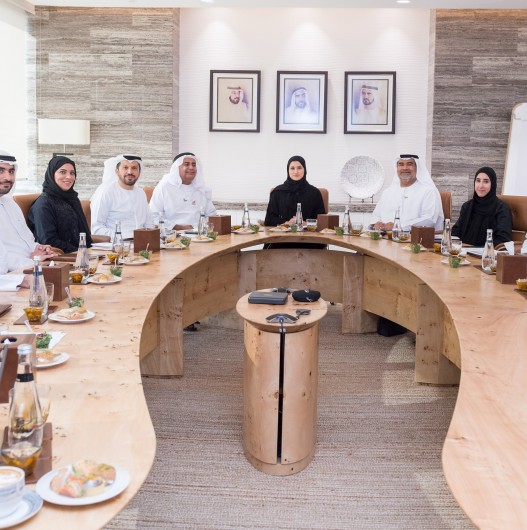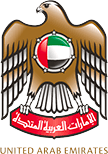- Home
- Latest Updates
- Emirates Scientists Council addresses challenges in research, knowledge production
Latest Updates

Emirates Scientists Council addresses challenges in research, knowledge production
The Emirates Scientists Council recently held a meeting to discuss the future of the UAE's health sector, among other agenda items.
The meeting, chaired by Sarah Al Amiri, Minister of State for Advanced Sciences, also saw discussions on how to further encourage women's participation in the advanced sciences, the challenges of scientific research in UAE universities, as well as the gaps between academia and industry in advanced sciences and technology.
"The efforts of the Emirates Scientists Council reflect the vision of the UAE’s leadership in making the Emirates a hub for the creation of knowledge and scientific advancement. It does that by addressing challenges and transforming creative ideas into tangible realities that support sustainable development in the Emirates," said Al Amiri.
The council discussed ways to alleviate inherent biases in the role of women in science by transforming the image of scientists, doctors and engineers to become more diverse and gender-balanced. It emphasised the importance of creating partnerships with women in science to utilise their experience and background through peer and membership programmes.
The council also discussed the launch of a new conference that brings academia and industry from the private sector together, one of the outcomes of the annual meeting of the Mohammed Bin Rashid Academy of Scientists. Dr. Ehab El-Saadany, Director of the Advanced Power and Energy Centre at Khalifa University, Professor of Electrical Engineering and Chair of the Engineering Advisory Board for the MBRAS, and Dr. Ali Al Mansoori, Professor of Chemical Engineering and a member of MBRAS, presented the idea behind the conference, which aims to highlight outcomes of research that are ready to be scaled up through an applied research collaboration between academia and industry.
Dr. Raghib Ali from New York University Abu Dhabi presented the UAE Healthy Future Study and its aim to determine how Emiratis are affected by their lifestyles, the environment and their genes, leading to the UAE reporting some of the highest rates of obesity, diabetes and heart disease.
The study is aligned with the directives of His Highness Sheikh Mohammed bin Rashid Al Maktoum, Vice President, Prime Minister and Ruler of Dubai, in his letter to the science community to advance the Emirates to the forefront of public health indicators by developing public health policies that address health issues in the Emirates.
Individuals - men and women aged 18-40 - can take part in the study by visiting the UAE Health Future website.

